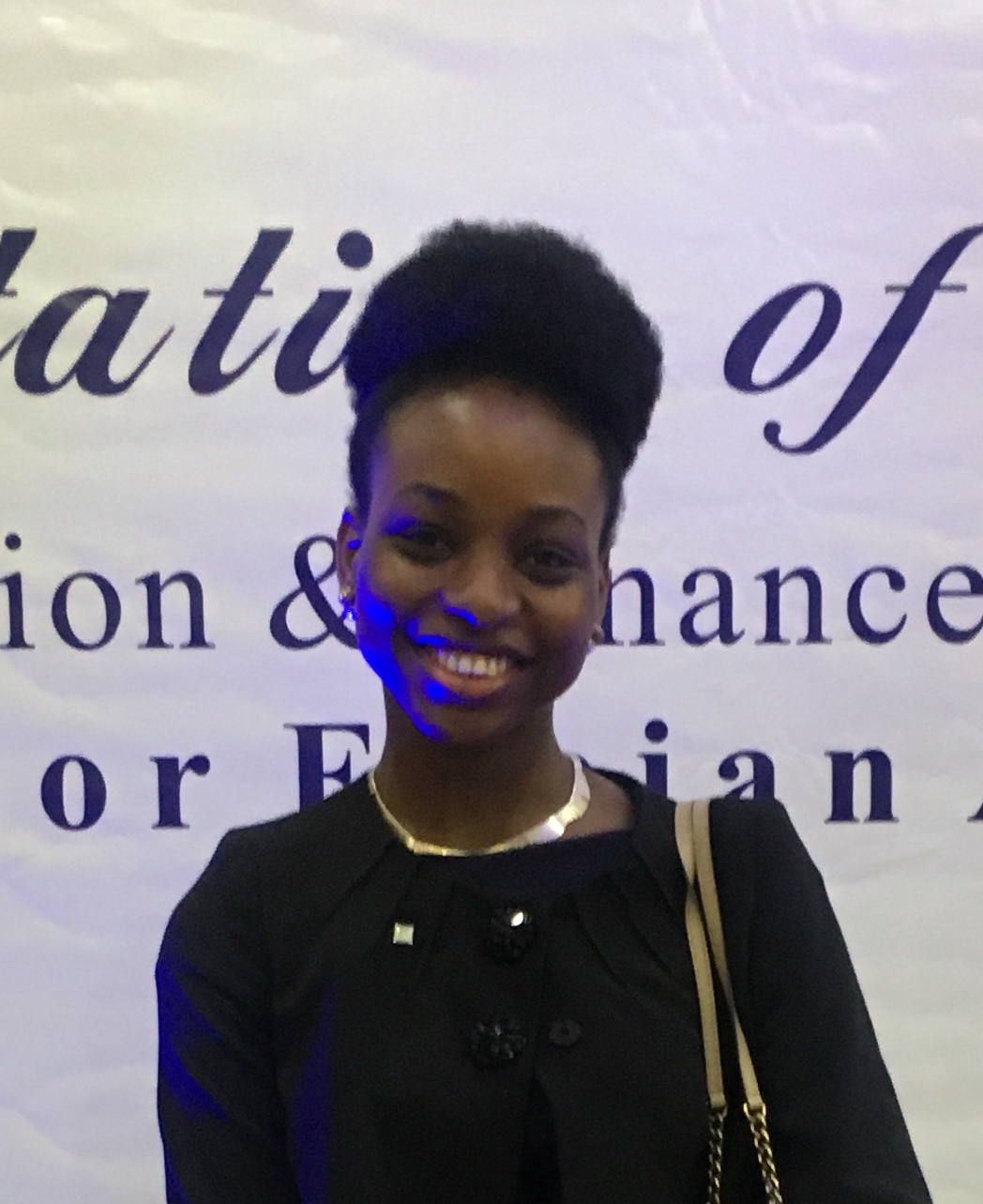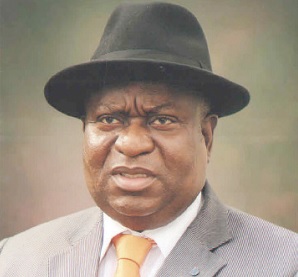Opinion: Seductiveness of conventional politics and the challenges facing APC

By Salihu Moh. Lukeman
This is dedicated to Mr. Sam NdaIsaiah, a founding member of the APC and Presidential Aspirant on the platform of the party in 2014, who died on Friday, December 11, 2020.
May God Almighty grant the family and all our leaders the fortitude to bear this heavy loss. Amin! Barrack Obama, former President of the United States of America, in his recently published Memoir, A Promised Land, asked the questions, “What made some movements succeed where others failed?
Was it a sign of success when portions of a cause were absorbed by conventional politics, or was it a sign that the cause had been hijacked?
When was compromise acceptable and when was it selling out, and how did one know the difference?”
Certainly, Obama is using the term political movement in the context of organised group of people working to bring about political change.
Without going into theories of political movements, it is very striking that the question of obsession with conventional politics is posed by Obama in a way that clearly mirror the challenges we face in Nigerian politics today, especially in APC.
Does obsession to conventional politics indicate failure and could such failure be the result of possible compromises or sell out?
Conventional politics refers to political behaviour and conducts based on the prevailing practices.
Such political behaviour and conducts cover issues of membership recruitment, candidate selection, to the realm of party funding, management and accountability mechanisms.
The conventional approach in Nigeria is that individual politicians aspiring for political offices recruit party members who are their loyalists.
Party leaders at different levels emerge from the members who are loyal to the politician, who will in turn become the candidate of the party for election.
Being in control of the structures of the party, the politician, who is the candidate of the party and eventually elected representative or leader of the party will be responsible for funding the party, as well as party administration, including recruitment of party personnel.
It will be unfair to argue that the leaders of the legacy parties that produced the APC – Action Congress of Nigeria (ACN), All Nigeria Peoples Party (ANPP), Congress for Progressive Change (CPC), Rochas Okorocha’s All Progressives Grand Alliance (APGA) and later the New Peoples Democratic Party (NPDP) – did not make conscious effort to depart from the conventional Nigerian politics at the point of negotiating the merger in 2013.
It is to the credit of our leaders that the 2013 merger negotiations adopted a comprehensive process of party building covering issues of membership recruitment (registration), leadership formation (congresses and convention).
Even the administrative setup of the party was a product of negotiation as the merging parties had to dissolve their administrative structure into the new APC.
Between February and June 2014, membership registration was followed with Wards (Saturday, April 5), Local Governments (April 12), States (April 23) Congresses and National Convention (June 14).
Membership registration was organised with a clear vision that the party will produce a membership database, which should be democratically accessible with all the necessary infrastructural platforms.
Accordingly, investment to establish a computerised Data Centre for the whole country located at No. 10 Bola Ajibola Street, Off Allen Avenue, Ikeja Lagos was undertaken.
This was the first of its kind undertaken by any political party and it underlined the commitment of APC leaders to produce a party, which is democratically controlled by members of the party.
This implied that members will be able to produce both leaders of the party and candidates for elections as against the prevailing practices of some few delegates dictating the process.
As part of those initial debates, there was the decision that every election in the party, during Congresses, Convention and Primary will be based on the direct method, which will require every party member to take part.
This was employed during the Ward Congresses of April 5, 2014. Part of the challenge was that the Congresses held at the time when the APC membership Data Centre was being setup and therefore records of membership wasn’t very organised.
As a result, the various Congress Committees for Wards, Local Governments and States encountered problems of reconciling membership records, which were largely manipulated by aspiring candidates for the 2015 general elections positioning themselves to ensure control of party structures.
A clear indication that conventional politics of aspiring candidates taking over control of party structures was already rearing its stubborn face in the young APC.
This created many disputes during Ward Congresses across the country, which was partly responsible for the decision to conduct the Local Government and State Congresses based on the delegate system since Ward leaders have already emerged.
As at this point, in April 2014, the vision still remained that candidates’ selection process within the APC will be conducted based on the direct method involving every member of the party.
To achieve that, under the Chief Bisi Akande leadership, the party invested considerable resources to complete the membership Data Centre before the commencement of candidates’ selection for the 2015 general elections.
Unfortunately, on November 22, 2014, the APC Membership Data Centre was vandalised by operatives of the Department of State Security (DSS) based on the allegation that the party was going to “clone INEC Permanent Voters Cards.”
While it will be dishonest to claim that the attack on the APC Membership Data Centre is responsible for why the party resorted to the use of the delegate system to elect the party’s candidates for the 2015 election, it is important to recognise that the vandalisation of the Data Centre weaken the capacity of the party to produce credible membership register.
The old practices of taking over structures of party leadership by aspiring candidates for various elections has already consolidated itself in the APC.
Perhaps, the only aspiring candidate that did not resort to that was President Muhammadu Buhari, who is perhaps by far more needed by the party.
Once the party is able to produce candidates at all levels for the 2015 general elections, which ended with the December 10, 2014 National Convention that produced President Buhari as the party’s Presidential candidate, attention shifted to winning the 2015 election at various levels.
And having won the 2015 elections at federal and 22 states, attention shifted to lobbying for appointments into both Federal and State Governments.
The business of party building was practically suspended. In fact, once President Buhari emerged as the Presidential candidate of the party, negotiation for the selection of running mate was done outside the formal structures of the party.
This is perhaps, one of the steps taken, consciously or unconsciously by power blocs within the party that undermined the capacity of the party to be able to exercise strong influence in many of the decisions of President Buhari’s administration both during his first term and now, in this his second term.
Informal demands and choices of party leaders became the decisions of the party, depending on which section of the leadership is making the demand.
This confirms the point Obama made about the limits of durability of democratic values given that “commitment of leaders to democracy and rule of law might last only as long as it preserved their power.”
The compromise therefore was the consolidation of APC as the governing party since 2015 without the corresponding internal mechanism for political negotiations to produce appointees for various positions in government.
For some strategic reasons, many leaders of APC opted for informal negotiations to access opportunities for appointments into government.
Between December 10, 2014 and May 29, 2020, virtually all the party structures at national level were suspended and, in their place, informal lobbies and consultations by individual leaders based on personal preferences became the attraction.
READ ALSO: Nda-Isaiah’s contributions to formation, growth of APC, immense, Caretaker Committee says
Whether decisions from informal consultations and negotiations could sustainably substitute formal decisions of party organs seems to be one challenge that is taken for granted.
It would appear that all the later day difficulties, between 2015 and 2019 especially, including cohabiting with a rebellious section of the leadership controlling the 8th National Assembly attest to the unsustainability of the APC governance model.








